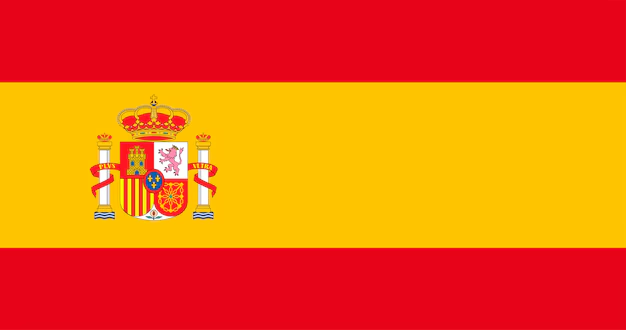There are several great religions in the world and it is probable, from human point of view, that the others should never disappear and become the universal religion. This observation is new. In the Middle Ages, people lived in a Christian world. And until the end of the 19th century, the authenticity of other religions was not imposed on Christians as obvious: they were far from their geographical or cultural space. We didn’t really think about it. But in recent years, the presence of these religions has become more noticeable. It has become a theological question Since the middle of the 20th century, theologians have taken up this question which touches the heart of the Christian faith, because it refers to the Christian announcement of salvation. The New Testament proclaims Jesus Christ to be the Savior of mankind. In this case, is Jesus Christ also the savior of a Muslim or a Buddhist? The answers given are contradictory. On the formula here some, in a schematic way.
Answers that are held within the framework of the New Testament and theological tradition:
• Salvation is linked to faith. It is promised to him who believes in Jesus Christ (John 3, v.16-18), consciously and actively. Christian preaching aroused by tirelessly announcing salvation in Jesus Christ, as good news, a Gospel. There is no salvation without attachment to this Gospel.
• The God of Jesus Christ wants the salvation of all men (1 Timothy 2, v.4). If we take this benevolent will of God seriously, we must admit that humans are saved by Jesus Christ in different or different ways. It is not a salvation from Jesus Christ. But you can be saved by Jesus Christ in the life of a Hindu woman, for example. And if religions were to oblige Christians to ask the questions differently?
• “God”, “Jesus Christ”: these are just words, say other theologians. “Hi” too is just water, a word. Believers of other religions use other words to designate the same reality as Christians call “God”. This reality, no human language is capable of grasping; no human life can be reflected fully. It’s like the top of the mountain, it’s not on the way. THE Christians passed on the path of Jesus Christ. Others suspect another path.
• Words don’t matter. It is his fight for justice that is spoken of. THE Christians have to constantly learn, with their commitments and their struggles, that their path is a (good) path. Not that easy…
• These are not just words, some theologians still say. Concrete life cannot be separated from the words we use to describe and give it meaning; often even, these words precede us and shape us. It is claimed that believers of all religions derive the same, but they are wrong and mistaken. There are as many different goals as those of religions. Christian salvation is a savior of its own, just like Muslim “salvation” or Taoist “salvation”. Between these positions, it is not easy to find oneself. The question is well worth asking for the Christian: what does a saved life look like? Does Jesus Christ really mark the life of the Christian and give it an incomparable color, different from others? It is about the reality of what is called “salvation”
!function(f,b,e,v,n,t,s) {if(f.fbq)return;n=f.fbq=function(){n.callMethod? n.callMethod.apply(n,arguments):n.queue.push(arguments)}; if(!f._fbq)f._fbq=n;n.push=n;n.loaded=!0;n.version=’2.0′; n.queue=();t=b.createElement(e);t.async=!0; t.src=v;s=b.getElementsByTagName(e)(0); s.parentNode.insertBefore(t,s)}(window, document,’script’, ‘https://connect.facebook.net/en_US/fbevents.js’); fbq(‘init’, ‘1825125567564913’); fbq(‘track’, ‘PageView’);
Author Alice Papin


